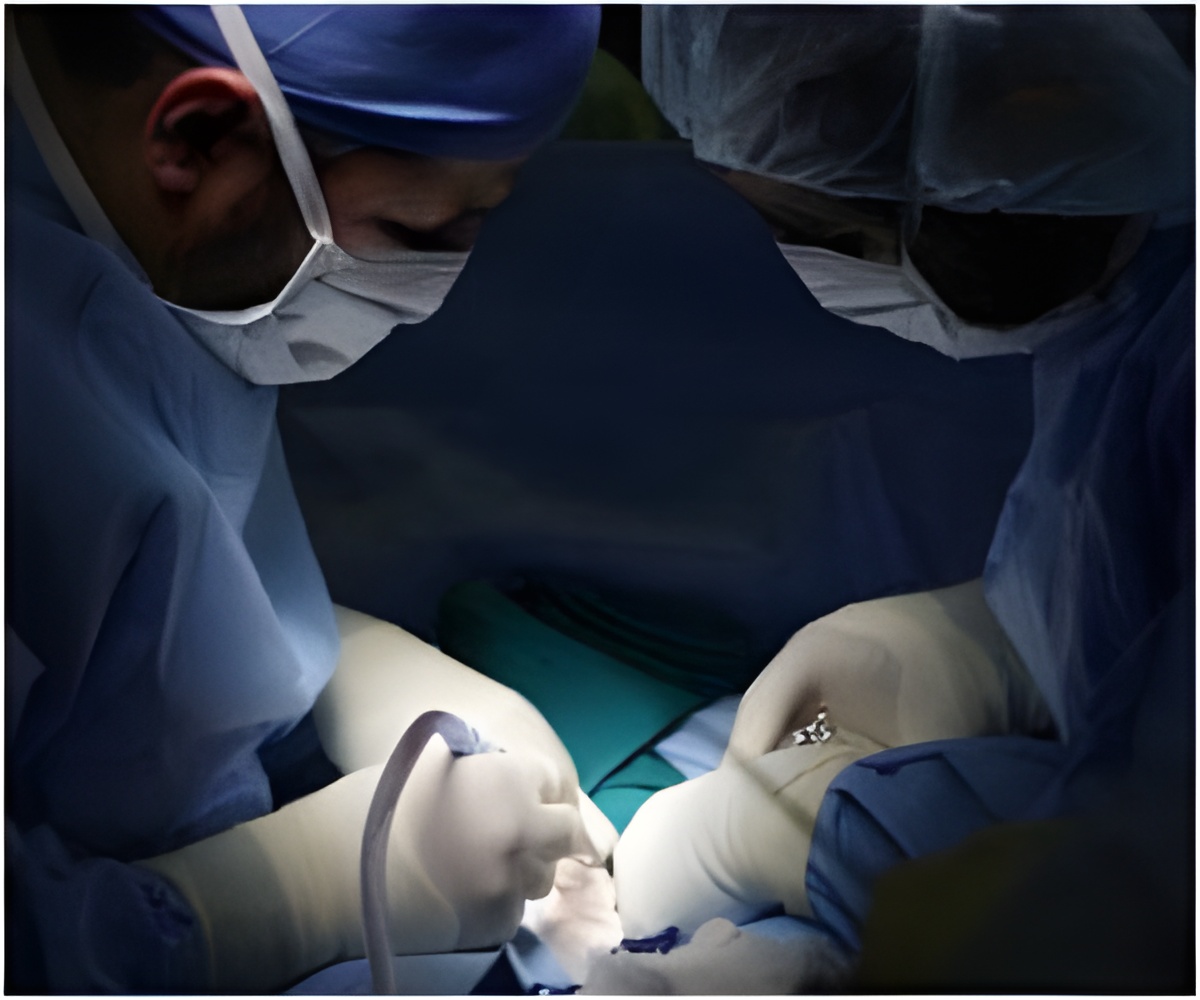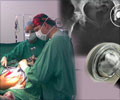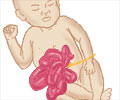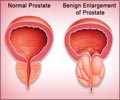More than $65 million could be saved annually in healthcare by preventing complications in patients who suffer from infection after hip or knee replacement surgery

The team chose to follow patients who had received artificial knees and hips because treatment for an infected joint can be prolonged, involving lengthy courses of antibiotics and additional surgeries.
Of the 174,425 patients in the database who underwent hip or knee replacement in 2007, 2,134 (1.2 percent) were hospitalized for a surgical site infection (SSI) within one year following their procedure (in 2008). Of those, 267 (12.5 percent) were subsequently re-hospitalized in the year after the initial SSI hospitalization (in 2009) specifically due to SSI-related issues, for a total of 384 hospitalizations. The data also showed that 870 patients with SSI (40.8 percent) were hospitalized for other reasons labeled "all cause" during the year after their diagnosis, accounting for 1,770 readmissions.
Subsequent rehospitalizations for SSI were associated with an average hospital stay of 8.6 days, costing on average $26,812. Additional all-cause hospital readmissions were associated with an average hospital stay of 6.2 days and a cost of $31,046.
According to the Centers for Disease Control and Prevention, infections develop in about 1 to 3 out of every 100 patients who have surgery.
"The prosthetic joint population was important to study because these patients are particularly vulnerable to adverse events following surgical site infections, leading to unnecessary pain, suffering and medical costs," said Kaye. "This analysis shows the devastation of these infections and probably underestimates the true extent of the problem. Given the government's focus on reducing readmission rates, such complications could likely be a future target for decreased reimbursement."
Advertisement
"What's important about the analysis by Dr. Kaye and colleagues is the report on the human suffering and financial impact of potentially preventable readmissions associated with SSI and all cause readmissions," said APIC 2012 President Michelle Farber, RN, CIC. "Infection preventionists need to be familiar with healthcare quality incentive programs to demonstrate the value of the infection prevention program to the financial health of their organizations and patient experience."
Advertisement
Source-Eurekalert










